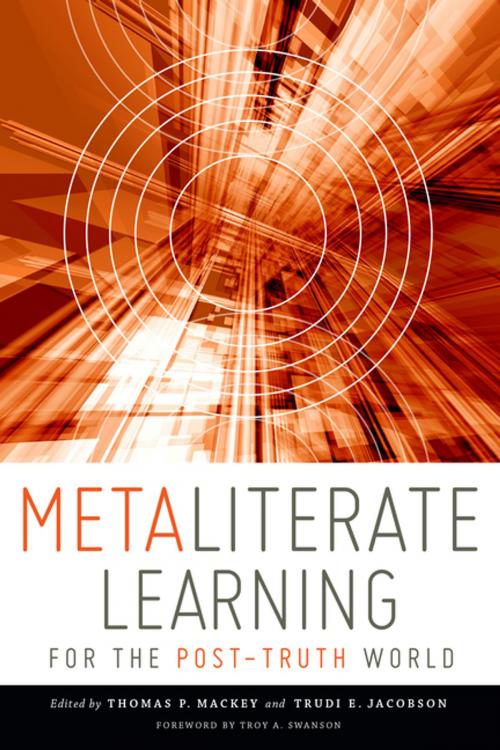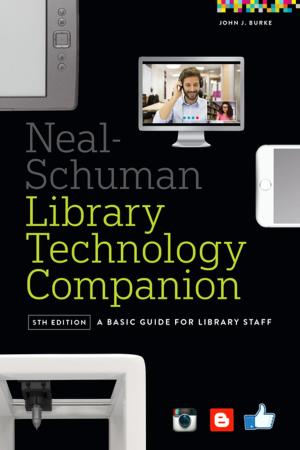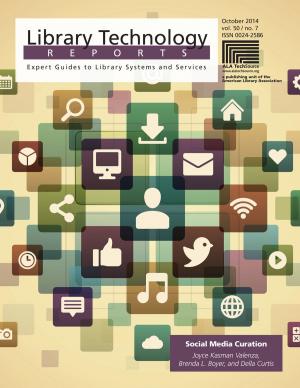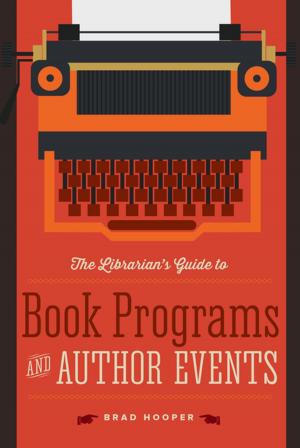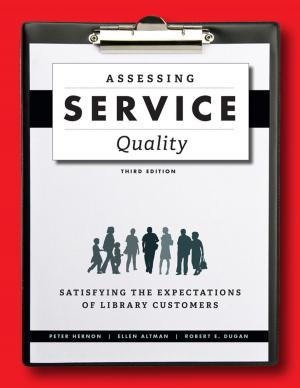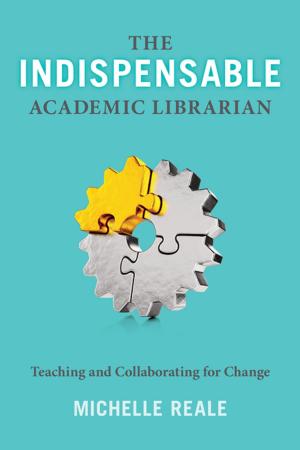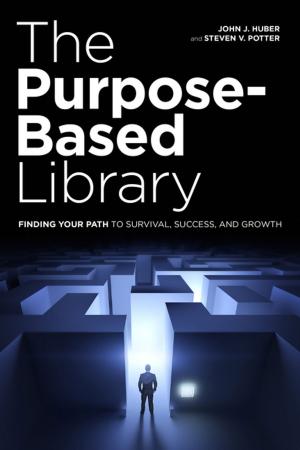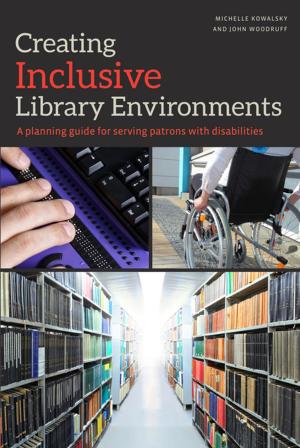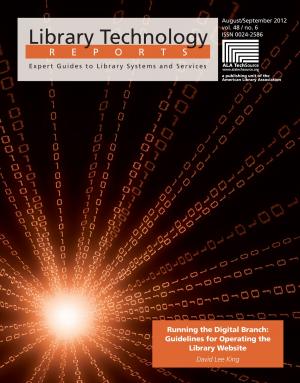Metaliterate Learning for the Post-Truth World
Nonfiction, Reference & Language, Language Arts, Library & Information Services, Reference| Author: | Thomas P. Mackey, Trudi E. Jacobson | ISBN: | 9780838918388 |
| Publisher: | American Library Association | Publication: | December 10, 2018 |
| Imprint: | ALA Neal-Schuman | Language: | English |
| Author: | Thomas P. Mackey, Trudi E. Jacobson |
| ISBN: | 9780838918388 |
| Publisher: | American Library Association |
| Publication: | December 10, 2018 |
| Imprint: | ALA Neal-Schuman |
| Language: | English |
Foreword by Troy A. Swanson Metaliteracy, Jacobson and Mackey’s revolutionary framework for information literacy, is especially well suited as a tool for ensuring that learners can successfully navigate the proliferation of fake news, questionable content, and outright denialism of facts in today’s information morass. Indeed, it is starkly evident that the competencies, knowledge, and personal attributes specific to metaliterate individuals are critical; digital literacy and traditional conceptions of information literacy are insufficient for the significant challenges we currently face. This book examines the newest version of the Metaliteracy Goals and Learning Objectives, including the four domains of metaliterate learning, as well as the relationship between metaliteracy and the ACRL Framework for Information Literacy for Higher Education. Featuring contributions from a variety of information literacy instructors, educators, librarians, and faculty, the chapters in this book discuss the social, political, and ethical dimensions of information creation, distribution, and use; use case studies to demonstrate how metaliteracy guides learners to read online information with a critical eye, apply metacognitive thinking to the consumption of all information, and make purposeful and responsible contributions to the social media ecosystem as active participants; examine when images are taken out of context and paired with misleading text, a prevalent feature of the misinformation frequently shared via social media; and situates metaliteracy in such contexts such as the academic library, a science class, fiction writing, digital storytelling, and a theater arts course. Metaliteracy is a powerful model for preparing learners to be responsible participants in today’s divisive information environment, and this book showcases several teaching and learning practices that have already proven effective.
Foreword by Troy A. Swanson Metaliteracy, Jacobson and Mackey’s revolutionary framework for information literacy, is especially well suited as a tool for ensuring that learners can successfully navigate the proliferation of fake news, questionable content, and outright denialism of facts in today’s information morass. Indeed, it is starkly evident that the competencies, knowledge, and personal attributes specific to metaliterate individuals are critical; digital literacy and traditional conceptions of information literacy are insufficient for the significant challenges we currently face. This book examines the newest version of the Metaliteracy Goals and Learning Objectives, including the four domains of metaliterate learning, as well as the relationship between metaliteracy and the ACRL Framework for Information Literacy for Higher Education. Featuring contributions from a variety of information literacy instructors, educators, librarians, and faculty, the chapters in this book discuss the social, political, and ethical dimensions of information creation, distribution, and use; use case studies to demonstrate how metaliteracy guides learners to read online information with a critical eye, apply metacognitive thinking to the consumption of all information, and make purposeful and responsible contributions to the social media ecosystem as active participants; examine when images are taken out of context and paired with misleading text, a prevalent feature of the misinformation frequently shared via social media; and situates metaliteracy in such contexts such as the academic library, a science class, fiction writing, digital storytelling, and a theater arts course. Metaliteracy is a powerful model for preparing learners to be responsible participants in today’s divisive information environment, and this book showcases several teaching and learning practices that have already proven effective.
